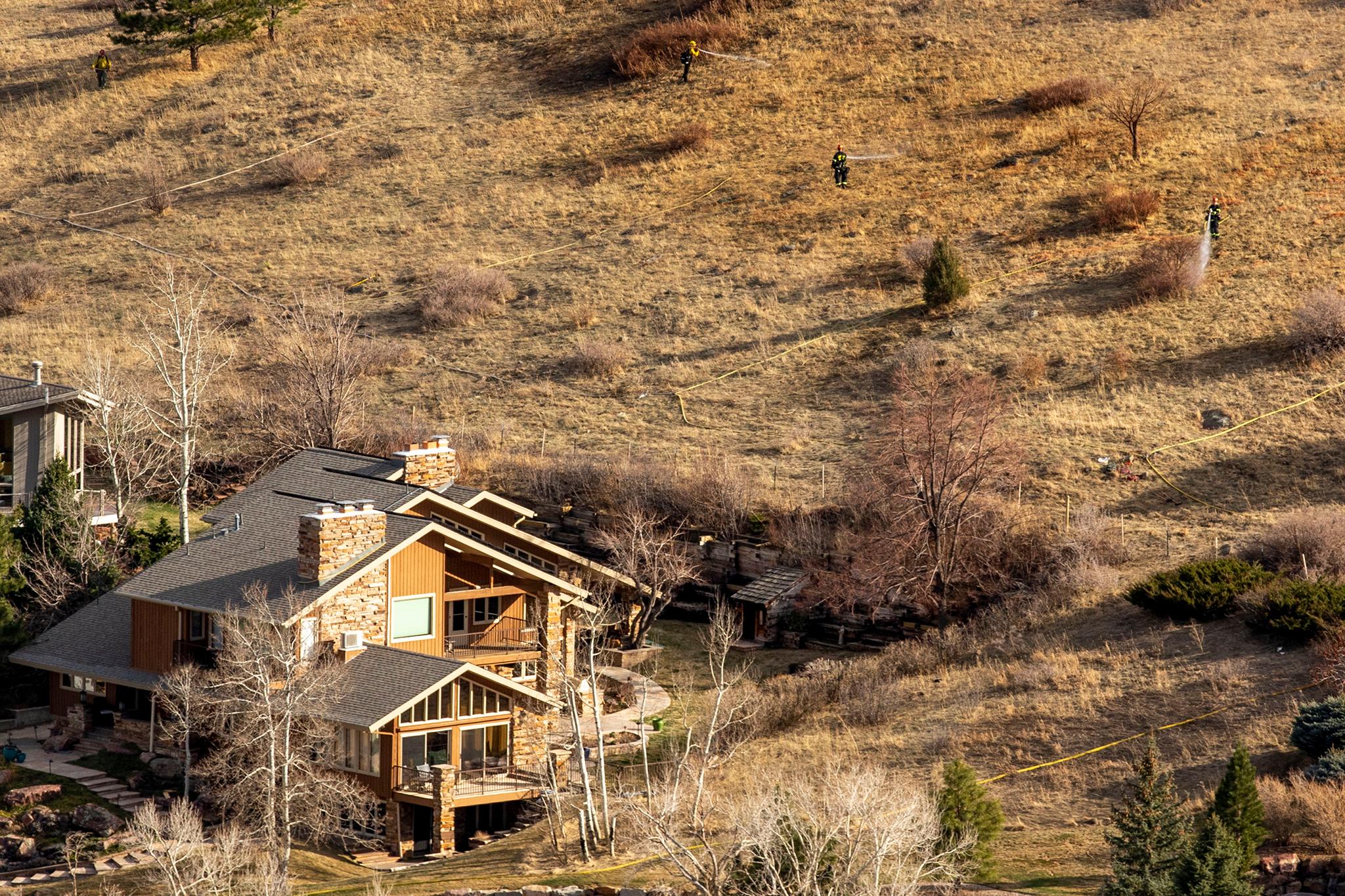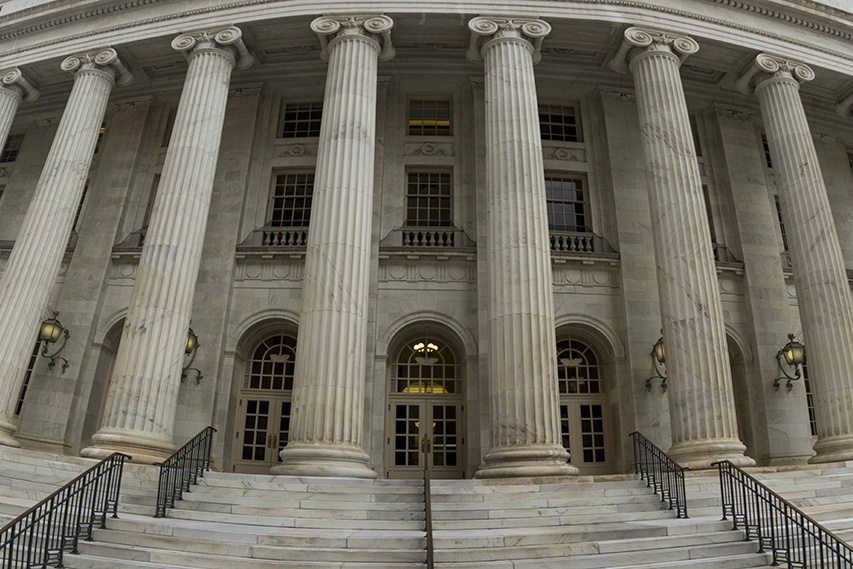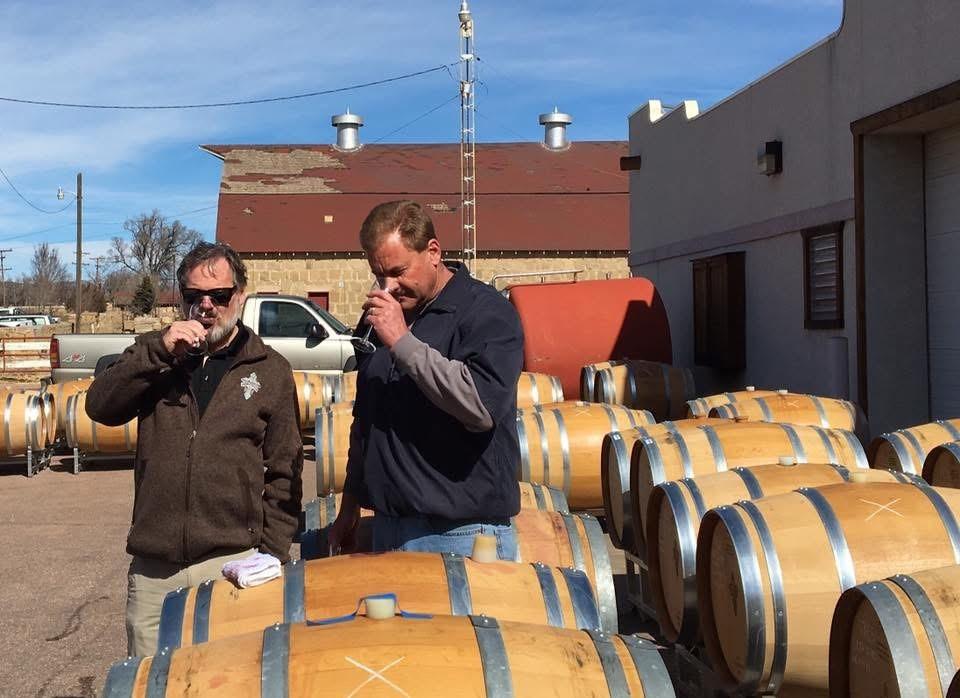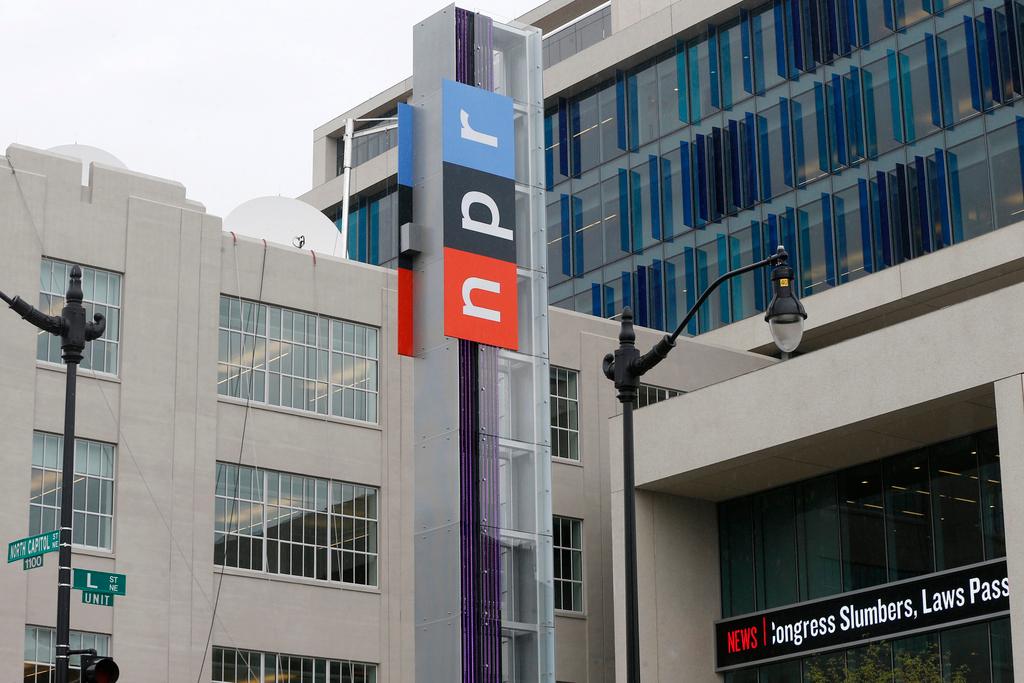
Expanded funding to help local communities adapt and respond to climate change and wildfires appears to have won voters’ support on Election Day.
Unofficial results as of Wednesday show voters in the city and county of Boulder, along with those in Denver, overwhelmingly supported ballot measures to expand and retain tax revenue for climate-related projects.
Boulder and Denver would raise millions of dollars more each year with three measures that appear likely to pass.
Boulder's 2A measure
In the city of Boulder, the 2A measure to replace existing climate taxes had won nearly 70 percent of the vote as of Wednesday. The new tax would raise costs for local residential, commercial and industrial electricity consumers to boost the yearly amount collected for climate resiliency projects to $6.5 million from $3.9 million.
The city would use the revenue to pay residents, landlords and business owners to make their properties more energy efficient. It would also install more electric vehicle charging stations, fund energy storage projects and help lower-income residents pay their energy bills.
The city would allocate $1.5 million a year for projects to protect natural and developed areas from wildfires. That includes inspecting homes for wildfire risk and burying power lines underground to reduce the potential of sparking wildfires.
“A plurality of our respondents wanted the city to know that addressing the impacts of climate change is one of the most important issues facing the city of Boulder,” said Jonathan Koehn, the city’s director of climate initiatives.
Boulder County's 1A measure
More than 72 percent of voters in Boulder County appeared likely to approve 1A, which would increase county taxes by $11 million a year to pay for wildfire defense and prevention. That includes managing grasslands and forests, making homes more fire-resistant and protecting water supplies, according to the ballot language.
Both the city’s updated climate tax and the county’s tax increase would go into effect next year.
Denver's 2J measure
In Denver, nearly 90,000 residents had voted as of Wednesday afternoon to approve local question 2J, a measure allowing the city to keep $1.3 million in excess revenue from a recent sales tax increase to counter climate change and economic disparities. Voters had approved the tax bump in 2020, which was originally expected to raise around $40 million. The city had to ask voters whether it could keep any additional revenue due to the state’s TABOR laws.
If the measure passes, the vote also enables Denver to keep surplus revenue raised by the tax in future years. The city has planned to use the money for solar projects, electric vehicle charging stations and making buildings more energy efficient.
Denverite reporter Rebecca Tauber contributed to this story.









